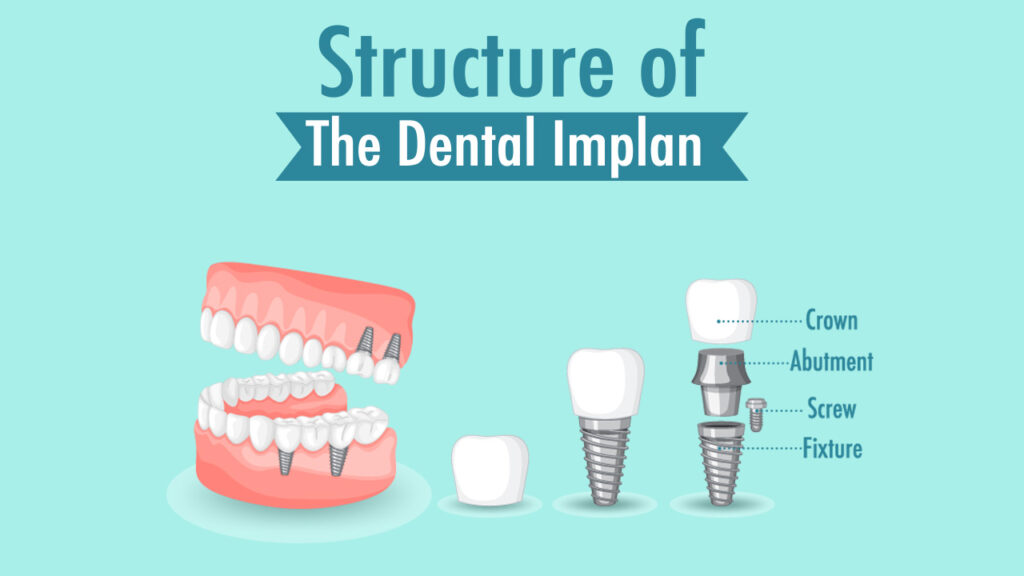SERVICES IN DETAIL
Learn Our Services In Detail

What Is a Dental Implant? Everything You Need to Know
Missing teeth can affect your confidence and ability to chew properly. Dental implants offer a permanent solution, restoring both function and appearance. A dental implant is a titanium post surgically placed into the jawbone, acting as an artificial tooth root. Over time, it fuses with the bone, providing a stable foundation for a crown or denture.
The process involves three main steps: first, the implant is inserted into the jawbone. Next, a healing period allows the bone to bond with the implant. Finally, a custom-made crown is attached, completing your smile.
Unlike dentures, implants do not slip or require special cleaning. They look and feel like natural teeth, allowing you to eat, speak, and smile with confidence. While the procedure may take a few months, the results are long-lasting and highly effective. If you’re missing teeth and want a permanent solution, consult your dentist to see if dental implants are right for you.

Why Regular Dental Checkups Are Essential for a Healthy Smile
Many people visit the dentist only when they experience pain or discomfort. However, regular dental checkups are key to maintaining a healthy smile and preventing serious dental issues.
A routine checkup typically includes a professional cleaning, examination, and sometimes X-rays. This helps detect early signs of cavities, gum disease, or other oral health problems before they worsen. Professional cleanings remove plaque and tartar buildup, reducing the risk of tooth decay and bad breath.
Beyond oral health, dental checkups can also reveal signs of other health issues like diabetes or vitamin deficiencies. Early detection means easier and less expensive treatments. Skipping checkups might lead to severe dental problems requiring complex procedures such as root canals or extractions.
Visiting your dentist every six months ensures your teeth and gums remain in top condition. A little time invested in prevention can save you from pain, costly treatments, and dental emergencies in the future.

Common Dental Problems and How to Prevent Them
Your oral health plays a significant role in your overall well-being. However, many people experience common dental problems that can be prevented with proper care. Here are some of the most frequent issues and how to avoid them:
Tooth Decay (Cavities): Caused by bacteria that produce acid from sugary foods. Prevention includes brushing twice a day, flossing, and reducing sugar intake.
Gum Disease: Symptoms include swollen or bleeding gums. Regular brushing, flossing, and dental cleanings can prevent this issue.
Tooth Sensitivity: Often caused by worn enamel or gum recession. Using a sensitive toothpaste and avoiding very hot or cold foods can help.
Bad Breath: Results from poor oral hygiene, gum disease, or certain foods. Proper brushing, flossing, and staying hydrated can keep your breath fresh.
Tooth Grinding (Bruxism): Can lead to tooth damage and jaw pain. Wearing a mouthguard at night and managing stress can reduce grinding.
Maintaining good oral hygiene, eating a balanced diet, and visiting your dentist regularly can help keep these issues at bay. A healthy mouth leads to a healthier and happier life!
